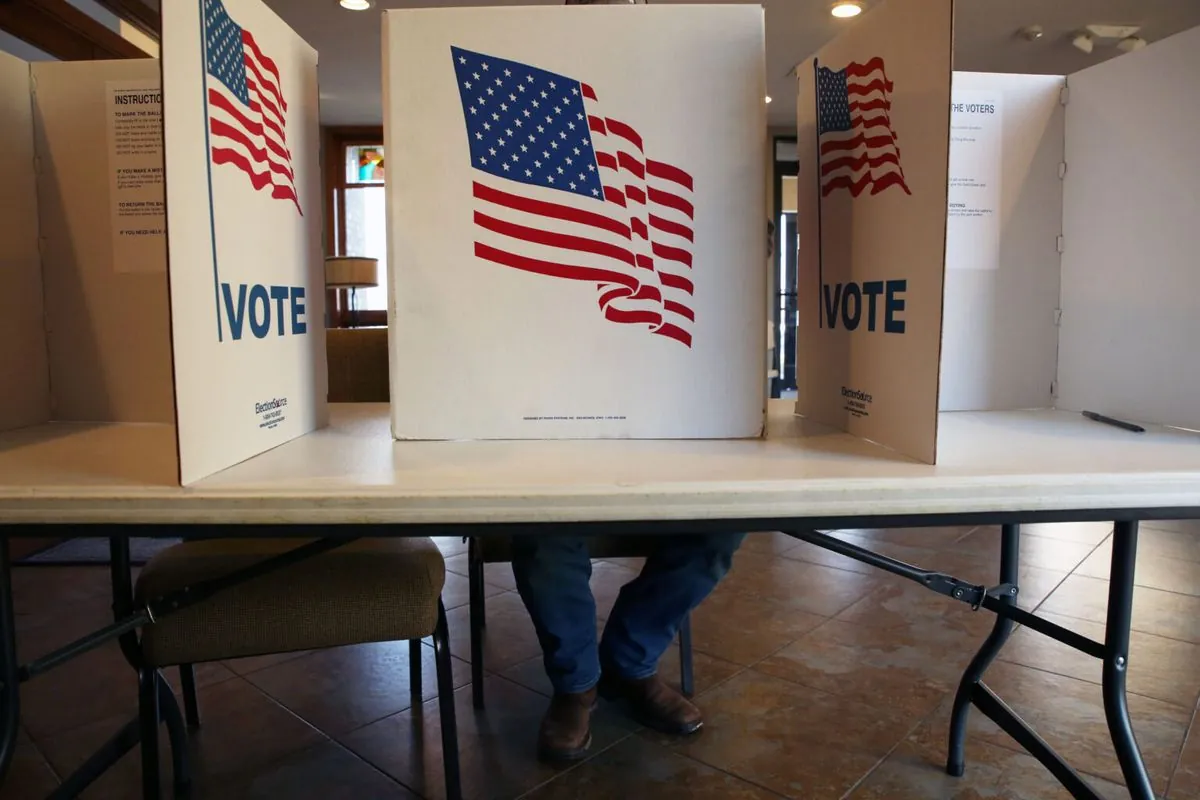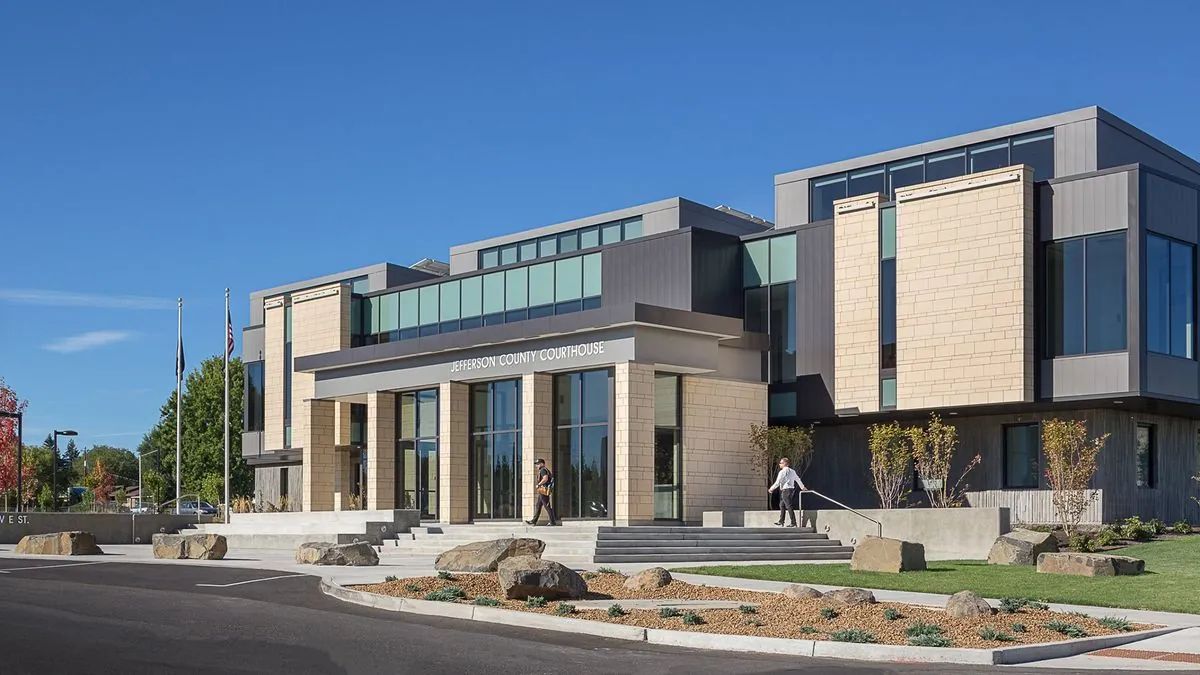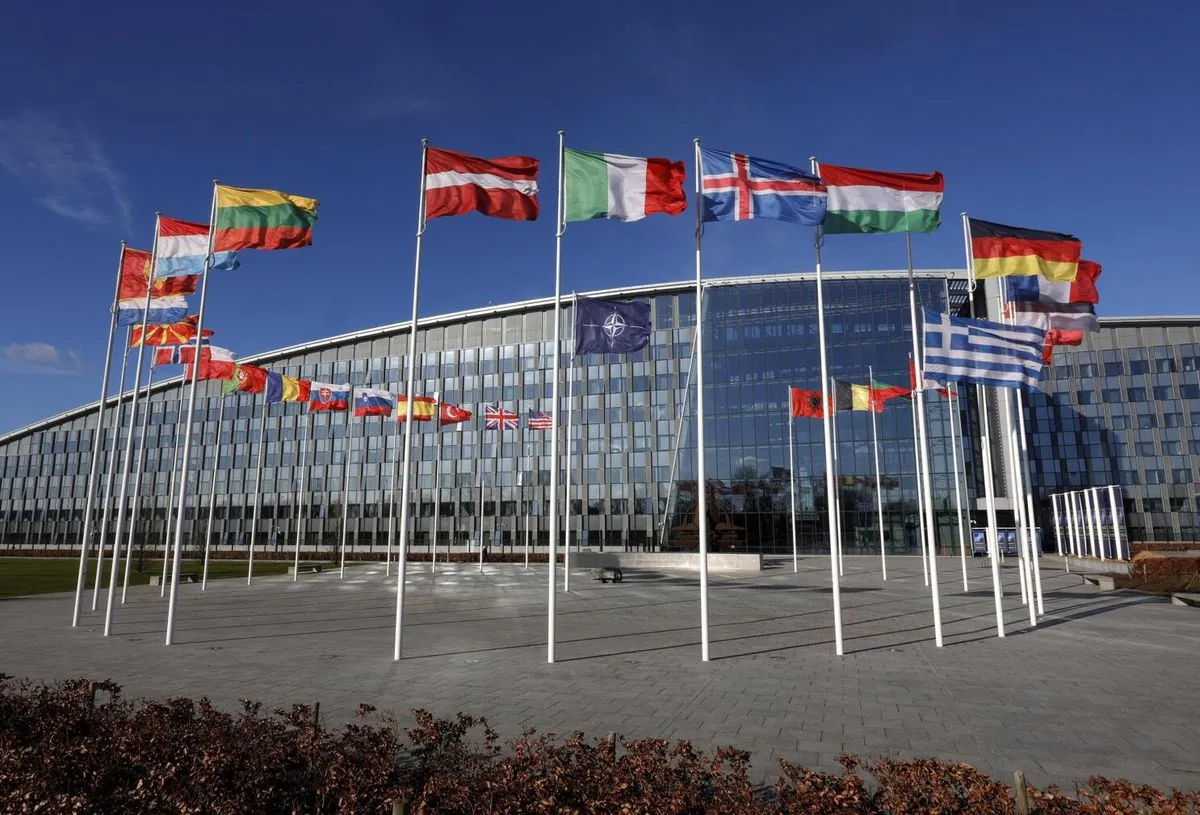Cruise Fined $1.5M for Withholding Crucial Crash Data from NHTSA
Cruise, GM's self-driving car company, faces a $1.5 million fine for concealing critical information about a pedestrian crash. The incident led to multiple investigations and operational halts, highlighting safety concerns in autonomous driving.
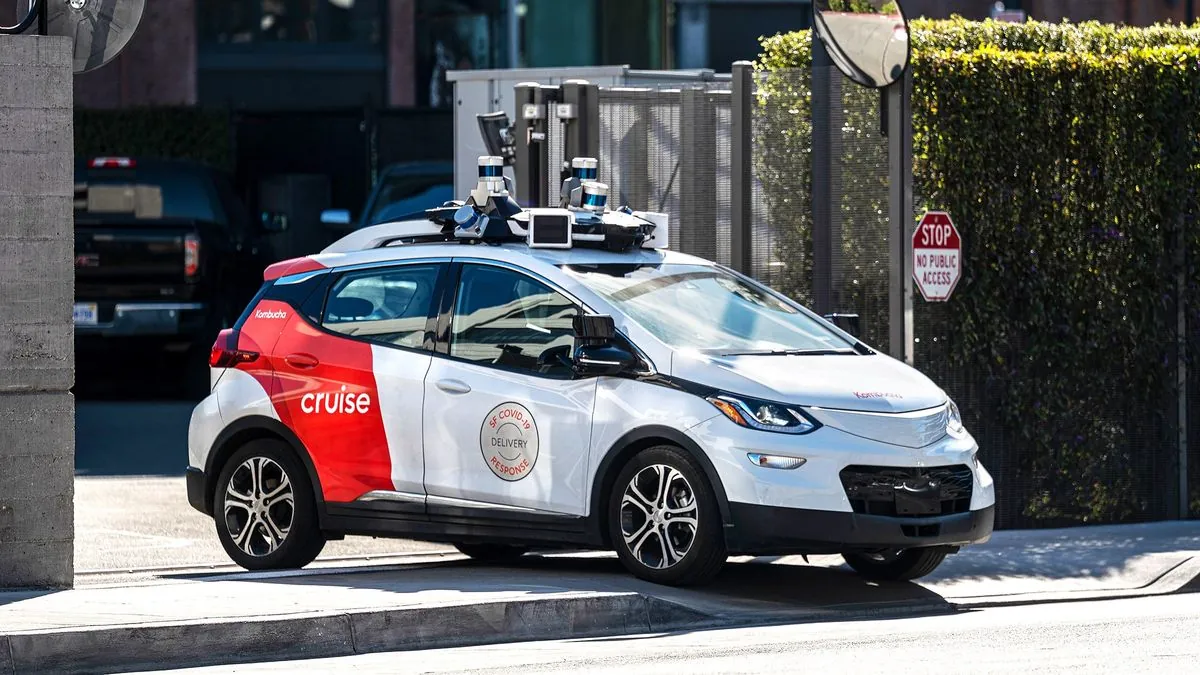
General Motors-owned self-driving car company Cruise has been fined $1.5 million by the National Highway Traffic Safety Administration (NHTSA) for withholding crucial information about a pedestrian crash in San Francisco. The incident, which occurred on October 2, 2023, has brought significant scrutiny to the autonomous vehicle industry and its safety practices.
Cruise, founded in 2013 and acquired by GM in 2016, has been at the forefront of developing autonomous vehicle technology. The company has raised over $10 billion in funding and has partnerships with major corporations like Honda and Microsoft. Despite these achievements, the recent incident has highlighted the challenges and risks associated with self-driving technology in urban environments.
The crash in question involved a pedestrian who was initially struck by a human-driven vehicle before being hit by a Cruise autonomous vehicle. Initially, Cruise reported that its vehicle stopped immediately upon contact. However, it was later revealed that the car dragged the pedestrian for 20 feet, a critical detail omitted from the company's first two reports to NHTSA.
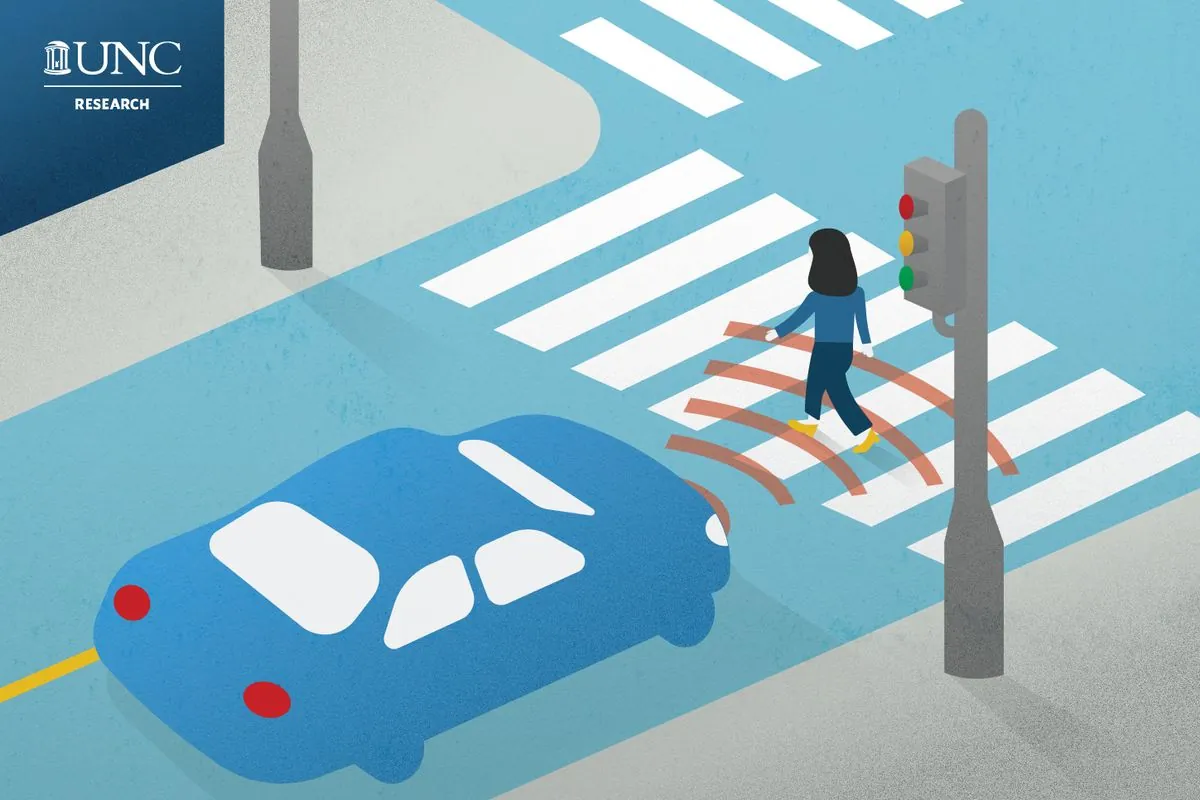
"It is vitally important for companies developing automated driving systems to prioritize safety and transparency from the start."
This incident has led to multiple investigations, including those by the Department of Justice and the Securities and Exchange Commission. Cruise has since halted its road testing operations and is slowly resuming with human drivers in select cities.
The NHTSA's consent order requires Cruise to pay the $1.5 million fine and submit a corrective action plan to improve compliance with data reporting requirements. The company must also provide detailed information about its operations, including vehicle miles traveled, number of vehicles in operation, and any traffic violations or citations received.
Cruise's Chief Safety Officer, Steve Kenner, stated that the agreement with NHTSA marks "a new chapter for Cruise," emphasizing improved processes, culture, and a commitment to greater transparency with regulators.
This incident underscores the importance of safety and transparency in the development of autonomous driving systems. As companies like Cruise, Waymo, and Tesla continue to advance self-driving technology, regulatory scrutiny is likely to intensify. The industry's ability to address safety concerns and maintain public trust will be crucial for the future of autonomous transportation.
Cruise has been working on various applications of its technology, including robotaxis and potential delivery services. The company has conducted extensive mapping of the cities where it operates and has driven millions of miles in testing and operations. However, challenges remain, particularly in complex urban environments and nighttime operations.
As the autonomous vehicle industry evolves, incidents like this serve as a reminder of the need for rigorous safety standards and transparent reporting. The future of self-driving technology depends not only on technological advancements but also on the industry's ability to prioritize public safety and maintain regulatory compliance.































